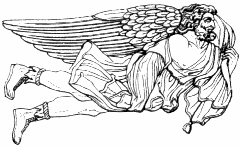Fern Gully -- Traces of the goddess:
Fern Gully Trailer!!
Fern Gully Trailer!!
Stages of the goddess:
· Maiden – Waxing
· Mother – Full
· Crone – Waning
o Queen Fairy: Magi “Lune”
Gaia Hypothesis: Earth is a whole system within itself attempting to return to a stasis/balance
Matrifocal & Matriarchal society
· Magi passes on her place & powers to Krysta
· Seek to protect Mother Earth – of which all things have been created into being
· HUGE Matrifocal elements (less matriarchal)
Elements of femininity:
· The Womb
o Reside in trees
o Krysta emerges from a womb like flower => new life
o Fern Gully Tree twists together in a spiral motion, creating a safe haven within itself
§ Fairies initiate its formation by flying in spiral-like circles
· Water
o The lake = unconsciousness, falling away from reality
· Intuition & emotion
o Connection with nature; feel the pains of nature
Axis Mundi:
· Trees
o Enchanted tree Hexxus (Spirit of Destruction) escapes from
o Center/Home of Fern Gully
o Final tree which entraps Hexxus finally
· Mountain
o Mount Warning – where supernatural meets mortal realm: Krysta discovers Zak









